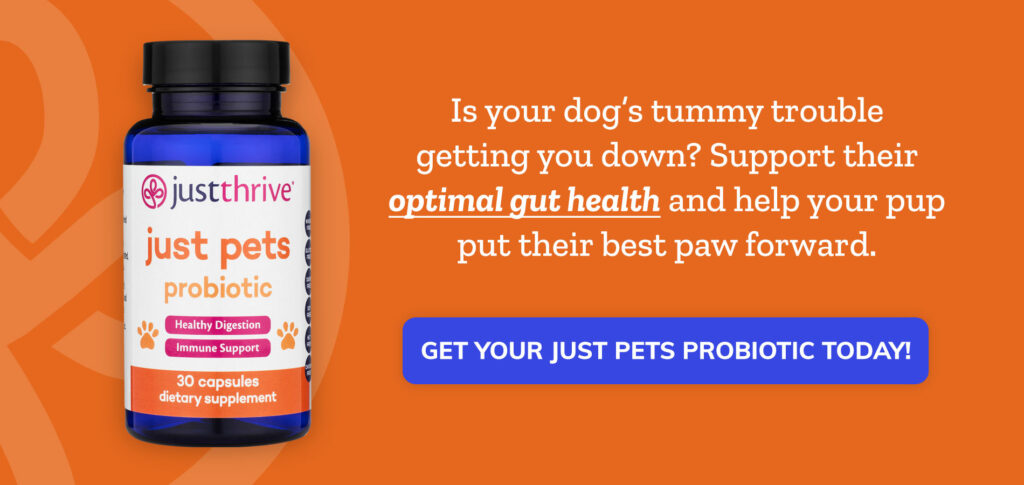We’ve all done it. There’s a bit of information someone shares with us and we take it as fact. Or worse yet, the information is perpetuated by various types of experts and media so much, it’s difficult to doubt.
This happens just as much with information related to our pets – maybe even more so, since they don’t often argue with us. Of course, experts will always argue amongst themselves, and one person’s myth is another’s fact.
So for the sake of simplicity, I’m listing five common myths I often hear regarding pet care. They are based on a lot of research, personal experience and a great desire to care for my pets as naturally and holistically as possible.
Myth 1: Vaccinate Frequently to Protect Your Pet From Disease
According to studies, vaccinating your dog or cat annually offers no real benefit, since once vaccinated at an early age, the pet has years of immunity – and very possibly lifelong. And the more you vaccinate, the more detrimental to your pet’s health. Potential reactions can range from fever and stiffness to immunosuppression, behavioral changes and seizures, according to veterinary vaccine expert Dr. Ronald D. Schultz. A potential solution to the overvaccination problem is titer testing, which is blood testing measuring antibodies in your pet’s blood. Titer tests can be used to make sure your dog or cat has enough antibodies and therefore avoid unnecessary re-vaccination. Here’s a simple guide to better understand how to use titers. And here’s a good read about problems with the kennel cough vaccine (aka Bordetella vaccine), which is a common requirement at doggie daycares and boarding facilities.
Myth 2: Kibble Cleans Teeth
For years now, there’s been a popular myth shared by the general population – vets included – that kibble’s hard form helps clean teeth through abrasive action when the dog or cat chews it. My favorite response to this is, when you eat a hard tortilla chip, do you feel like that chip is cleaning your teeth? That would be a big fat no. This is essentially what’s happening. While the hard kibble may scrape bits of stuff off your dog or cat’s teeth here and there, that is basically negated by the high carb load of most kibbles. Carbohydrates mean sugar, which means bad for teeth. There are much better options for keeping your pet’s teeth clean, including feeding a raw food diet, brushing with a natural pet toothpaste and/or offering healthy chews like deer and elk antlers. If you do use a hard chew like an antler, monitor your pet at all times and make sure he or she is not chewing down too hard or too frantically in order to help prevent cracked teeth and choking. Another option is HealthyMouth, which can be added to drinking water or applied in the mouth.
Myth 3: It’s Good to Feed Your Pet the Same Food Every Day
How would you like to eat exactly the same food day in and day out? Not very satisfying right? Not only is it boring, but according to well-known holistic veterinarian Dr. W. Jean Dodds, feeding a single diet can lead to a weakened digestive system in your pet and it will not provide all the nutrients your pet needs over the longterm. Plus, feeding the same food over and over can increase your pet’s chances of developing a food intolerance to what he’s eating.
Myth 4: Old Dogs Can’t Learn New Tricks and Cats Are Untrainable
Old dogs can indeed learn new tricks – and other things too. And it’s good for them to keep engaged into their elderly years. Just because your dog has learned the basic sit/down/stay doesn’t mean the education has to end. Continuing training with your dog keeps your dog’s brain working and increases bonding as you work together.
While many cats are undoubtedly far less people-pleasing than dogs, they can be trained. The key is finding a treat they can’t resist and lots of patience. Watch this quick video to learn how to teach your cat to come when called.
Myth 5: Oatmeal Shampoos Are Great For Skin
Having a dog with skin and itching problems myself, I have tried countless remedies, topicals and shampoos to relieve my dog’s itching. Many times I came across oatmeal shampoos and baths as a possible solution to relieve the itch. Fortunately, I didn’t try it on my dog because it turned out he had a yeast problem, and since oatmeal is a grain, which is a carb (essentially sugar), all it probably would have done is feed his existing yeast problem – since sugar feeds yeast.
You May Also Like…




